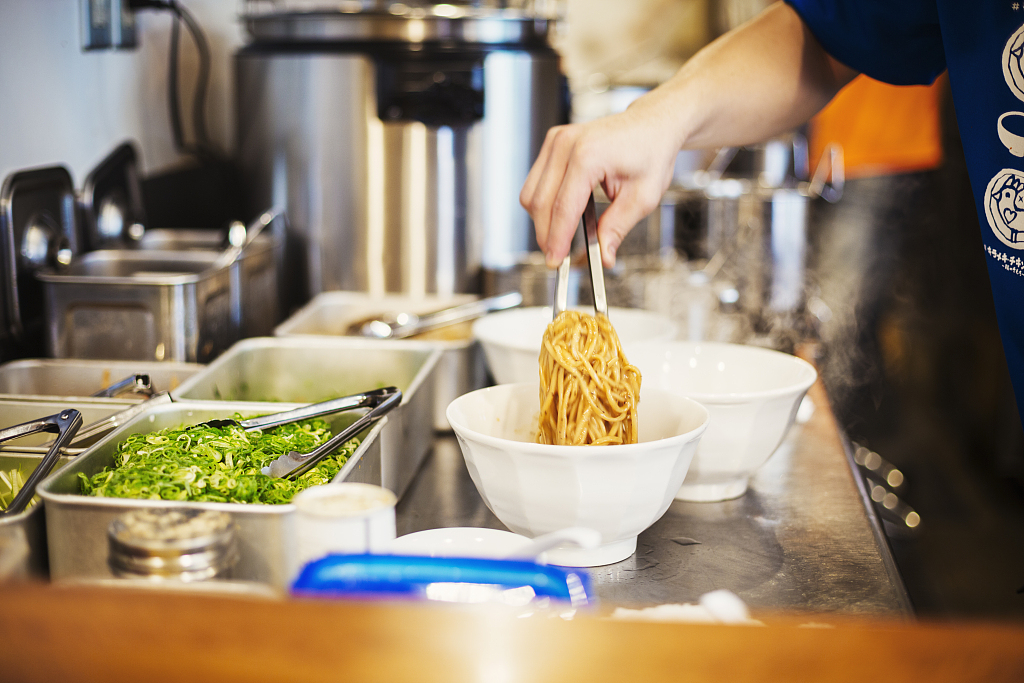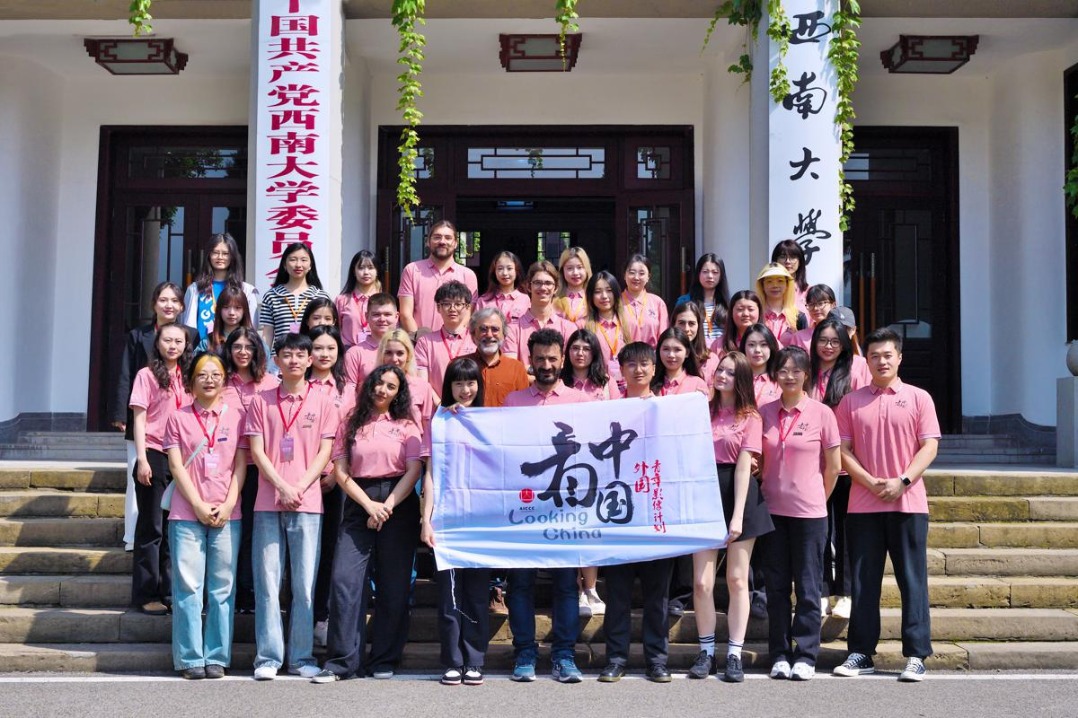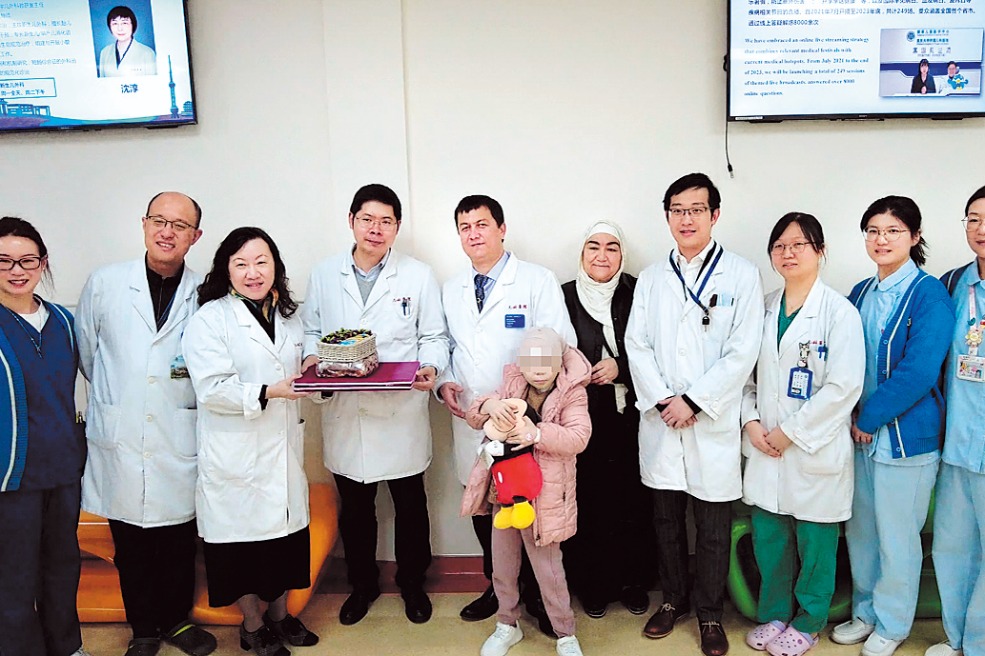Guideline regulates how to smell out rats in restaurants


Market inspectors in Hubei province have released a guideline on the prevention and control of rodents in the catering sector, detailing specific requirements for restaurants to keep food from being tainted by rats or diners from ingesting rat poison by mistake.
The Hubei Provincial Administration for Market Regulation issued the rules after soliciting public opinions on a draft released last month and made corresponding changes. It is believed to be the nation's first local guideline on rodent control for the catering sector.
According to the administration, the guideline was made in the wake of several food safety incidents earlier this year in the country, in which rat heads appeared in dishes prepared by school canteens or small restaurants, which suggested "a large gap" in pest control work.
The guideline listed three major areas that rodent control work should take place — a clean restaurant environment modified with rodent-proof equipment, technological means to detect rodent activity and capture them, as well as routine checks by workers.
The guideline requires restaurant owners to seal gaps or cracks where rodents may enter, and equip food storage areas with rodent-blocking boards. Metal wire netting should be used for channels linking restaurants to the outside, such as openings for ventilation, sewage pipes and electric wiring.
In terms of technological means, inspectors require restaurant owners to join the nationwide restaurant kitchen smart monitoring system, which can monitor suspected rodent movements and send push alerts to managers. Managers then have to capture the rodents and deal with contaminated areas.
Restaurants are encouraged to regularly use ultrasonic rodent repellents, as well as to store mouse traps, cages or stickers, and the guideline details where such gadgets should be set up. But chemical means, such as poison, may not be used or stored in food-processing areas, the guideline said, adding that the only rat poison allowed should be of low toxicity and slow-releasing.
In measures relating to the human factor, the guideline asks inspectors and restaurant operators to regularly check for signs of rodent activity throughout the process of stocking and storing food, as well as when cleaning and preparing dishes.
Workers also need to immediately stop using materials upon finding them contaminated by rodents.
- China urges sound epidemic control work ahead of May Day holiday
- Hanjiang River in South China sees 3rd flood of 2024
- China's Shenzhou XVII astronauts complete handover, returning to Earth soon
- China works to reduce compulsory education dropout rates
- China to launch anti-bullying campaign in schools
- Shanghai escalator accident: Woman out of ICU




































